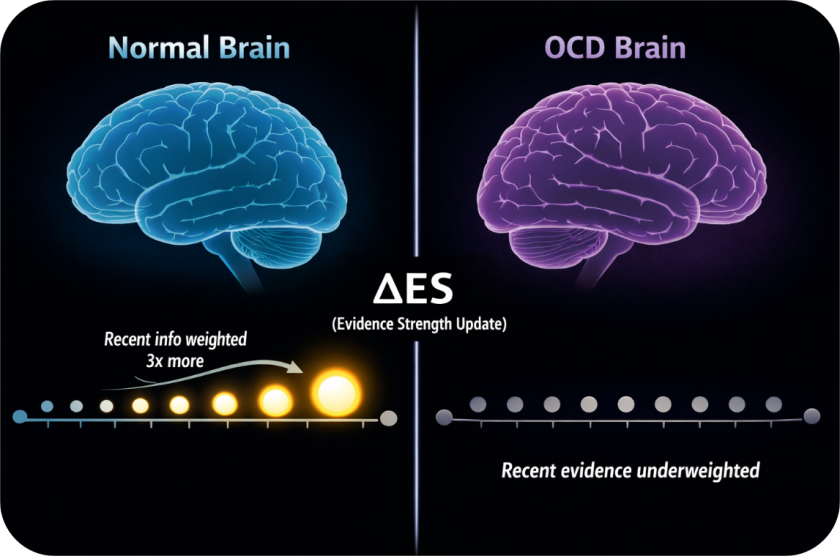For long, B group vitamins, especially B6, B12 and folic acid has been considered playing a pivotal role in keeping the human’s brain healthy. They are known to boost memory and avert risk of disease such as Alzheimer’s disease. Because of these benefits, the vitamin B has become a part of a healthy diet.
According to a latest research, experts suggest that intake of vitamin B12 may not be effective in improving cognitive performance. Rosalie Dhonukshe-Rutten, PhD, of Wageningen University, led the research work, which included studying individuals with high homocysteine concentration in blood. Homocysteine is an amino acid and high concentration of this amino acid in the blood is often associated with memory shrinkage and Alzheimer’s disease.
Rosalie explained that folic acid, vitamin B12 supplements are known to lower homocysteine concentration, and therefore, intake of these vitamins should drastically cut down the risk of brain shrinkage and Alzheimer’s disease.
Food vs. Supplements
In a 2-year span, researchers examined approximately 3,000 individuals with an average age of 74 years and had high blood levels of homocysteine. These participants were then randomly divided into two groups. One group consumed vitamin B12 and folic acid, while the other group consumed a placebo. Participants at the beginning and at the end, took memory tests to gauge their memory skills and attention, required to execute the day to day tasks.
The findings from the research showed individuals from the group consuming vitamin B12 had much lower homocysteine levels than the group taking placebo, but there was not much difference in the scores of memory tests between both the groups. This clearly indicates that supplements do not enhance cognitive performance of individuals.
Prefer food than supplements
However, the study is not enough to completely question the credibility of vitamin B supplements and it is still highly recommended for the treatment of Alzheimer’s disease. Researchers suggest that the study included healthy individuals and so the effect of vitamin B intake may vary for the individual who already have symptoms of memory problems. Moreover, vitamin levels could bring about changes in the brain, which cannot be deciphered in psychological tests, but can be seen more profoundly during brain scans.
Therefore, instead of blindly consuming supplements as food substitute, one should try to receive all essential nutrients by consuming a balanced diet.
Source: MedicalNewsToday




